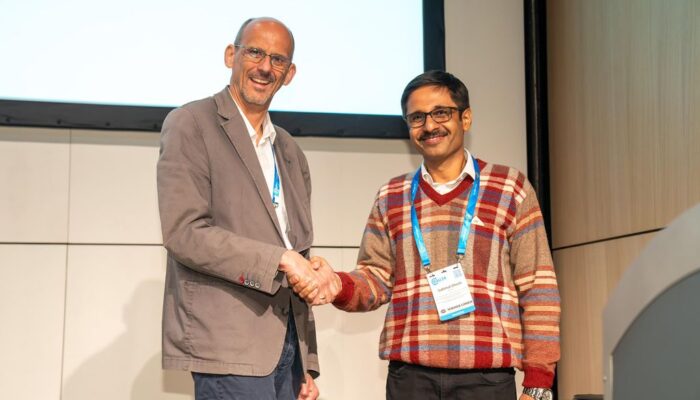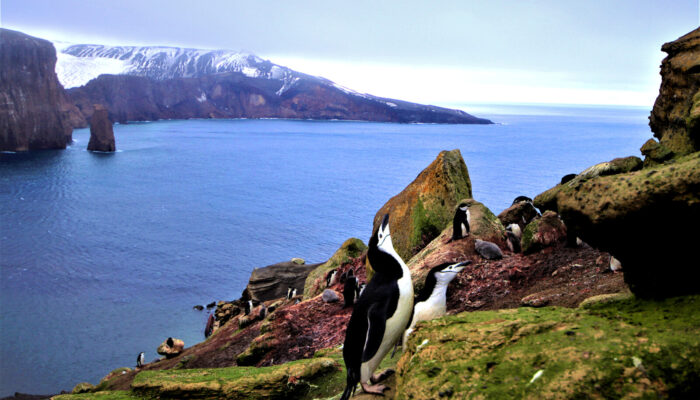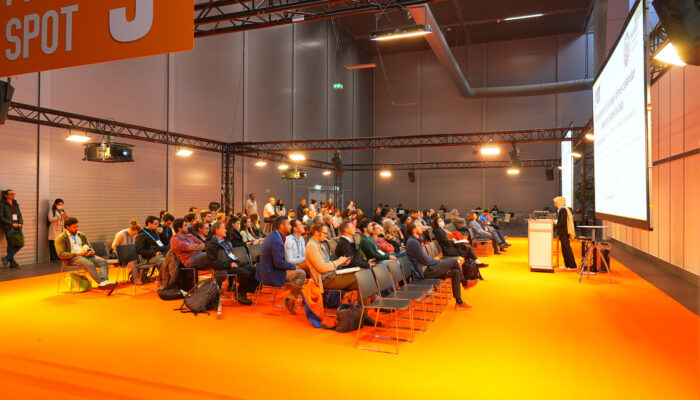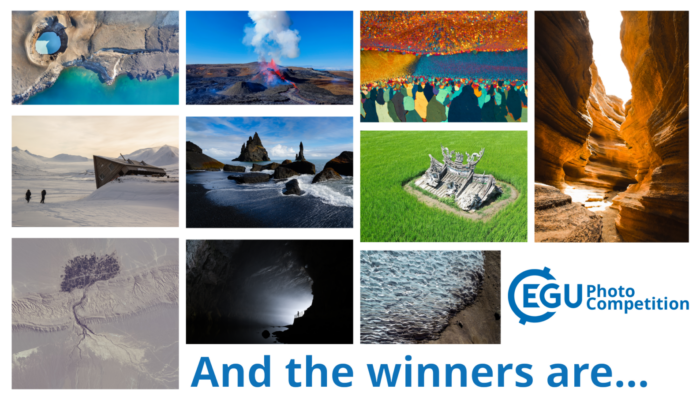Are you ready?! EGU25, Europe’s biggest meeting for Earth, planetary and space science research, is now just under a month away! But even sooner than that you only have a few days left to grab your Early Bird rates for registration. If you have already booked your registration you will probably have noticed that by purchasing your registration to participate in EGU25 you will also have agree ...[Read More]
Subimal Ghosh wins the 2024 Alexander von Humboldt medal for unlocking Indian monsoon secrets

Last month, on 19 April 2024, Subimal Ghosh from IIT Bombay brought immense pride to India by receiving the Alexander von Humboldt Medal 2024 at the EGU 2024 General Assembly in Vienna, Austria. This prestigious award in Geoscience recognizes Ghosh’s exceptional work in hydrometeorology, climate services, climate education, and the societal impacts of the South Asian Summer Monsoon System. Ghosh i ...[Read More]
Predators or gardeners: how penguins fertilise Antarctica’s biodiversity

On the desolate Antarctic peninsula, a colony of penguins creates a hub of biodiversity. One may ask, how exactly do those aquatic birds help maintain and enrich the variety of different kinds of organisms from plants and animals, to a wide range of insects and micro-organisms that live on our planet? The answer is quite intriguing. Scientists from the University of Science and Technology of China ...[Read More]
Congratulations to the winners of the EGU24 Photo Competition!
For this year’s Photo Contest, EGU received a number of amazing images capturing a broad spectrum of the geosciences. Since the selection committee whittled the field down to 10 finalists, you have been voting for your favourites throughout EGU24’s week-long conference, both on-site in Vienna at the EGU booth, and online. After an enthusiastic response from voters, we are now ready -and very ...[Read More]


